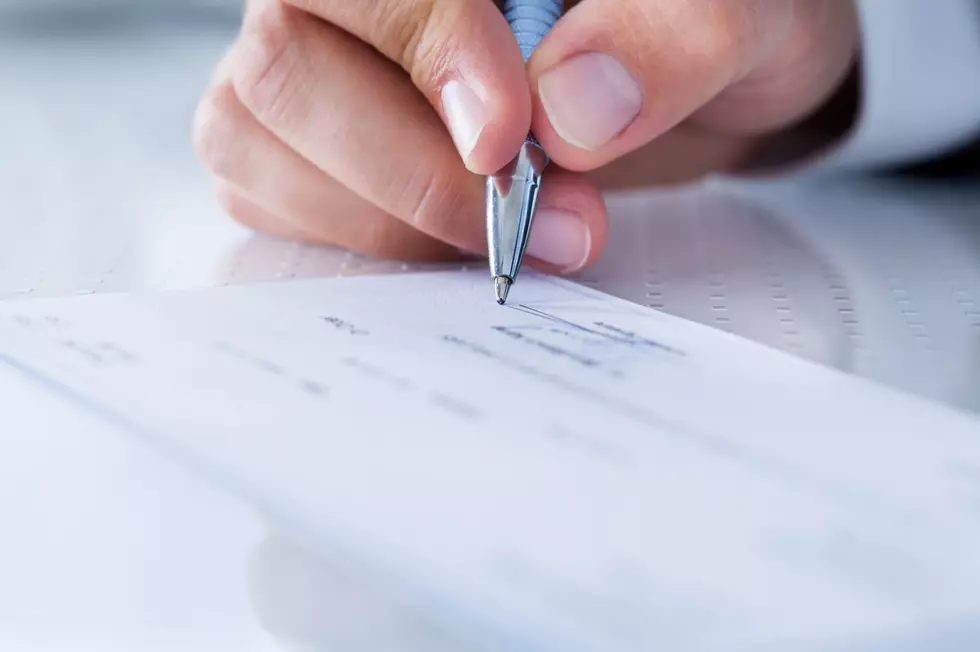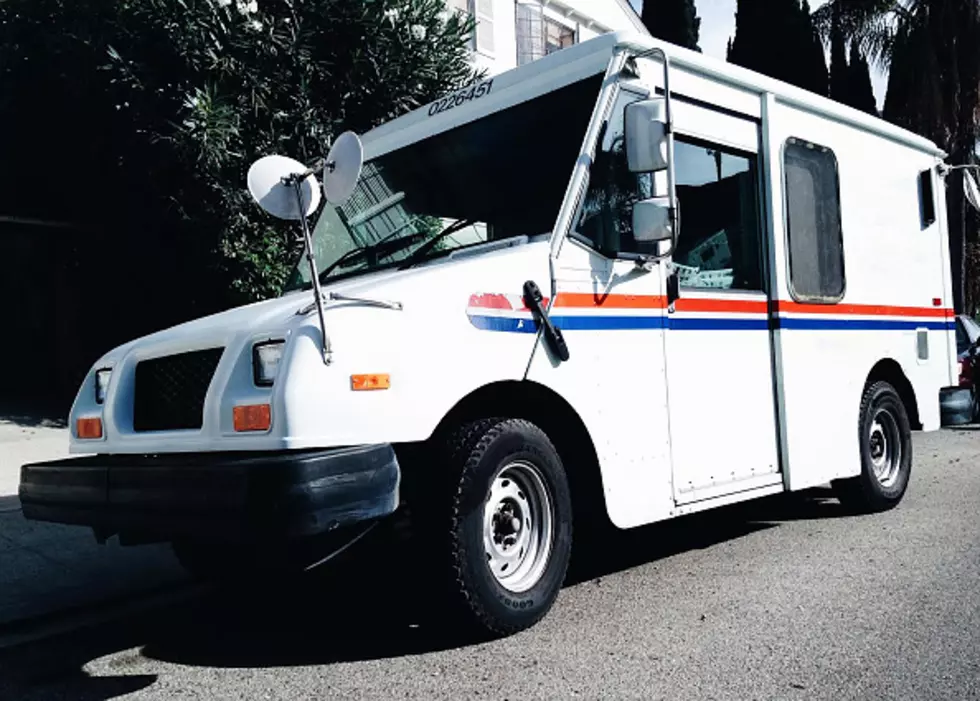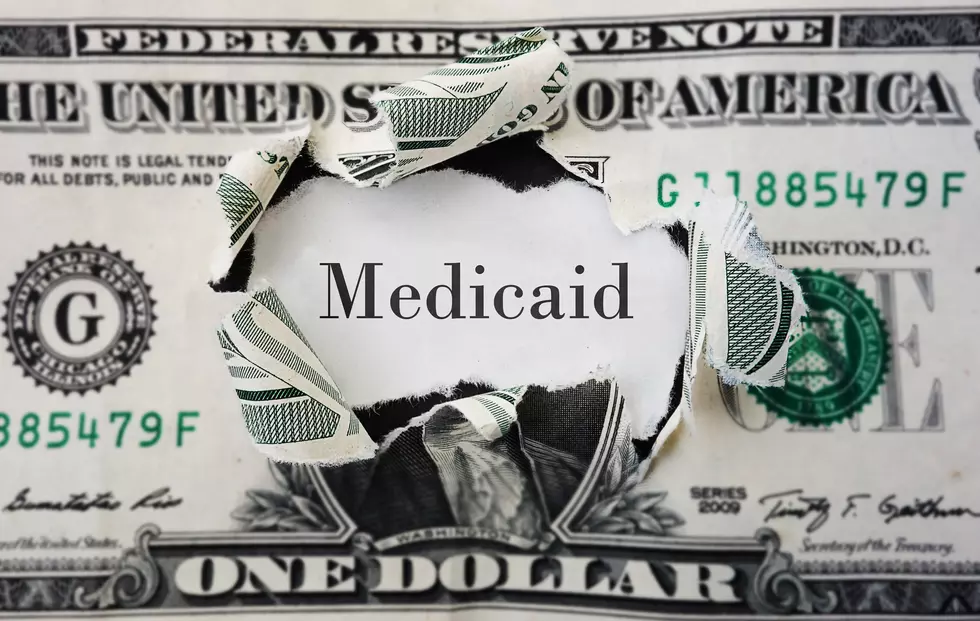
NJ minimum wage is about to increase again in 2023
Because prices of many goods are higher this year compared to last, New Jersey's minimum wage will not increase by just $1, as it had done the last couple of years.
The New Jersey Department of Labor and Workforce Development announced on Monday that the state's wage floor will increase by $1.13, from $13, on Jan. 1 for most workers.
The minimum wage law signed by Gov. Phil Murphy in 2019 calls for an eventual increase to $15 in 2024. Under the law, the wage increases by $1 each year, or more if warranted due to significant increases in the Consumer Price Index.
“The governor and Legislature had the forethought to account for the possibility of rising costs in their historic minimum wage law, which helps low-wage workers better provide for themselves and their families,” Labor Commissioner Robert Asaro-Angelo said. “Every extra dollar in the paychecks of our lowest wage workers is helpful.”
Once the state's minimum wage hits $15, it'll continue to be adjusted on an annual basis, depending on movement of the CPI, the Department of Labor noted.
Under the law, seasonal and small employers have until 2026 to hit a minimum wage of $15. The minimum wage for these workers will increase from $11.90 to $12.93 on Jan. 1.
The cash wage for tipped workers will increase to $5.26 per hour.
Dino Flammia is a reporter for New Jersey 101.5. You can reach him at dino.flammia@townsquaremedia.com
Click here to contact an editor about feedback or a correction for this story.
UP NEXT: See how much gasoline cost the year you started driving
Unbelievably Expensive Divorces
More From Beach Radio










